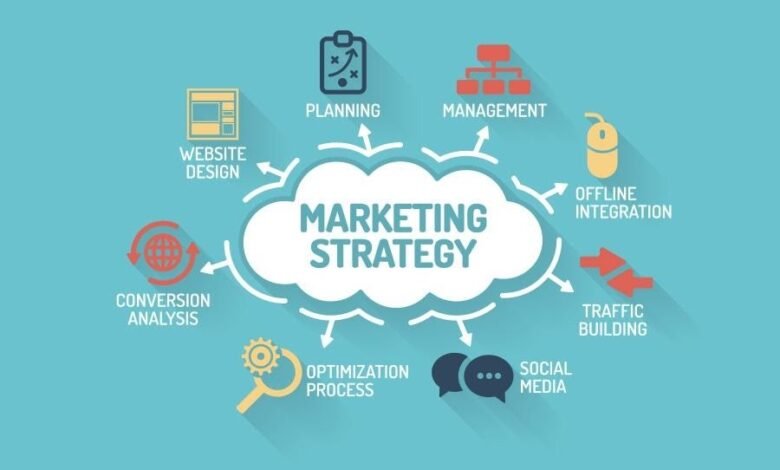Innovative Marketing Techniques for Real Estate Agents

The real estate market is a growing and changing landscape where the dynamism of technology and consumer expectations continually reshapes the strategies for success. In a competitive environment, agents must innovate and differentiate themselves from the crowd. Traditional methods, while still holding value, are now being augmented with cutting-edge techniques to capture the attention and interest of potential clients. Among these innovative strategies, home valuation postcards stand out as a prime example of integrating conventional tools with modern digital conveniences to offer tangible value and prompt engagement from homeowners. This article looks into various creative marketing strategies beyond traditional postcards, exploring how real estate agents can leverage these to enhance their market presence, engage with potential clients more effectively, and navigate the competitive landscape of the real estate industry with greater agility and success.
Leveraging Social Media Platforms
In today’s digital age, social media is a goldmine for real estate agents aiming to expand their reach and connect with a more significant consumer base. Social media platforms are critical tools for marketing. By curating a mix of content that ranges from virtual tours insightful market analyses, to personal success stories, agents can create a relatable and authoritative online presence. The key is consistency and engagement; regular posts that invite interaction can help build a community around the agent’s brand, fostering trust and credibility. Utilizing features like Instagram Stories or Facebook Live for open houses adds a real-time, personal touch that can significantly enhance audience engagement.
Implementing Virtual and Augmented Reality Tours
Technologies like VR and AR allow potential buyers to tour and look at properties from anywhere in the world, giving a level of convenience and immersion that traditional viewings cannot match. For agents, this means showcasing properties in their best light without the constraints of scheduling and geographical limitations. AR takes this a step further by allowing clients to visualize modifications to the space, such as furniture arrangements and decor changes, personalizing the experience and aiding in the decision-making process. This technology elevates the property viewing experience and positions the agent as a forward-thinking and innovative professional.
Utilizing Big Data and AI for Targeted Marketing
Big data and AI reshape real estate agents’ understanding of their market and clientele. By analyzing the data on consumer behavior, market trends, and even social media interactions, agents can gain insights into who their potential clients are and what they are looking for. AI algorithms can help tailor marketing efforts to target specific demographics, increasing the efficiency and effectiveness of these campaigns. Predictive analytics can also forecast market movements, allowing agents to offer timely and informed advice to their clients. This data-driven approach streamlines the marketing process and enhances the client’s experience by ensuring the services are relevant and personalized.
Engaging with Email Marketing Campaigns
Despite the rise of social media and other digital platforms, email marketing remains a potent tool for real estate agents. Its strength lies in maintaining direct, personal communication with a large audience at a relatively low cost. Effective email campaigns can keep potential and past clients engaged with regular updates on the market, new listings, and valuable advice on property management. By segmenting email lists based on interests or past interactions, personalization can significantly increase engagement rates, making clients feel understood and valued. This continuous engagement helps build a lasting relationship, turning occasional clients into loyal ones.
Creating Educational Content and Workshops
Beyond selling properties, real estate agents can establish themselves as industry experts by providing clients with valuable educational content. Blogs, ebooks, and video tutorials on home buying, selling, and investment topics can answer common client questions and alleviate concerns, building trust and authority in the process. Whether in-person or online, hosting workshops or webinars offers an interactive platform to connect with potential clients, share expertise, and directly address their needs and questions. This approach educates the audience and showcases the agent’s knowledge and commitment to their client’s success.
Conclusion
In conclusion, the path to success in the real estate industry is paved with innovation and adaptability. Agents who embrace advanced marketing strategies like home valuation postcards and extend their efforts into digital realms, data analytics, and educational content set themselves apart in a crowded market. These techniques enhance visibility and client engagement and reinforce the agent’s reputation as a knowledgeable and trustworthy professional. In a market that values innovation and personal connection, employing a diverse and creative marketing approach is essential for real estate agents looking to thrive and succeed.



